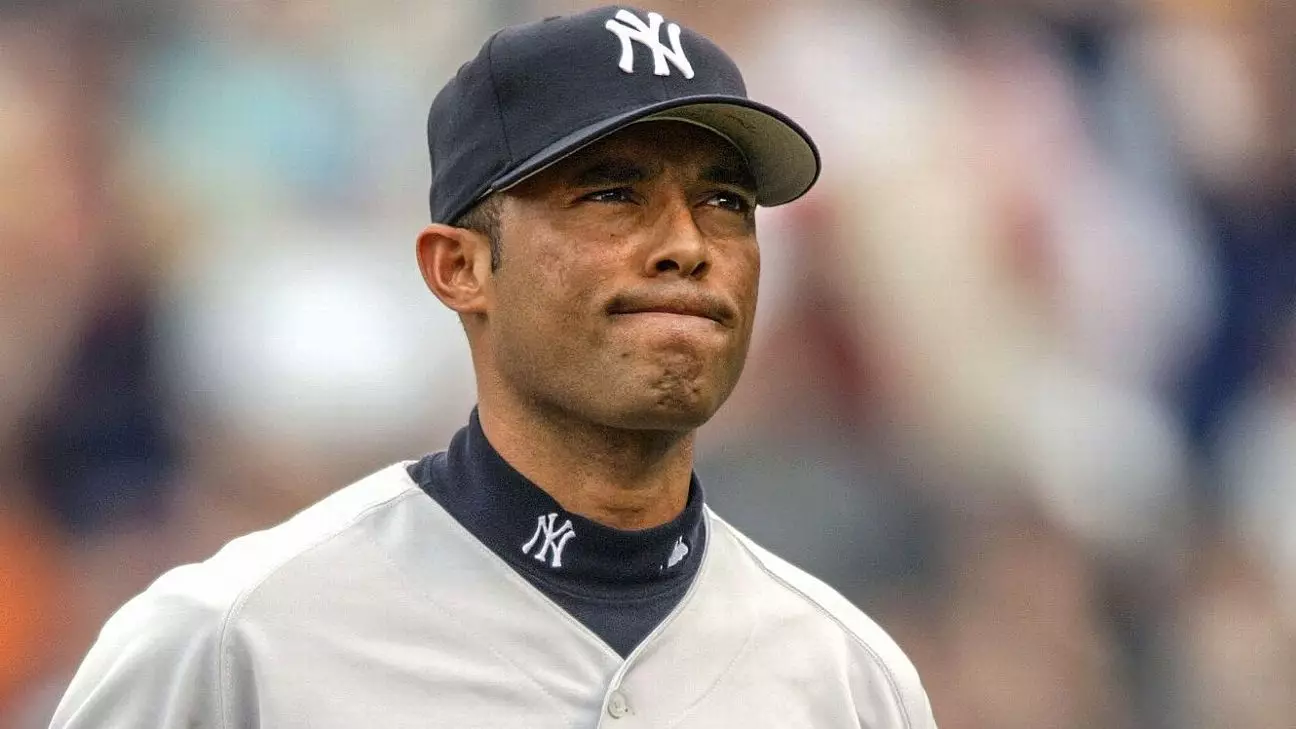The recent lawsuits concerning former New York Yankees closer Mariano Rivera and his wife, Clara, raise profound questions about accountability and duty of care in organizations that cater to children. As allegations of child abuse surface—their complexity and emotional depth cannot simply be encapsulated within the confines of a singular narrative. The unfolding situation offers an unsettling glimpse into the responsibilities of public figures when faced with adversity, particularly when the well-being of minors is involved.
A lawsuit filed this month brings to light chilling accusations against Rivera and his wife in connection with their alleged inaction surrounding the sexual abuse of a young girl during a church-sponsored summer camp in 2018. It poses critical questions: what should leaders do when alerted to potential harm against a vulnerable member of their community? The plaintiff, a young girl who was only ten or eleven years old during the alleged incidents, claims she was repeatedly assaulted by an older camper while in a dorm setting devoid of proper supervision.
The Riveras, known for their extensive charitable work, reportedly flew from New York to Florida after learning of concerns expressed by the girl’s mother. Yet, according to the allegations, rather than taking appropriate action to safeguard the young girl, they further complicated matters by allegedly silencing her. In essence, the couple is alleged to have prioritized their reputations over the welfare of the children entrusted to them—a betrayal that seems particularly egregious when the subjects in question are vulnerable minors.
This case sheds light on the ethical implications of leadership in faith-based organizations. The Refuge of Hope Church, where Clara serves as a pastor, is pivotal in this narrative. Churches often provide a sense of safety and community for members, particularly children. However, when allegations of abuse arise within such sanctuaries, it forces a reevaluation of how these organizations handle suspicions and complaints. Faith leaders must embody not only spiritual guidance but also moral character, demonstrating a commitment to protecting those they serve.
In the Rivera case, the lawsuit claims that upon receiving alarming information during their trip to Florida, the couple opted to remain silent to avoid a scandal. This alleged decision poses difficult questions about the church’s culture and its openness to confronting uncomfortable truths. Shouldn’t the safety of children supersede all other concerns in such institutions? If true, this silence could imply a systemic failing, not just on the Riveras’ part, but within the church as a whole.
The implications of this lawsuit extend far beyond the courtroom. For the young girl who has come forward, the effects of her past abuse can be lifelong. Trauma sustained during formative years can manifest in various ways, often requiring years of therapy and support to heal. However, this case also refers to subsequent allegations where the same victim faced additional abuse from a male youth leader at the Refuge of Hope. This raises another critical question: what measures were in place to protect this girl after she had already been victimized?
Victimization compounds trauma, and the negligence described in the lawsuit—should these allegations hold true—presents a disturbing cycle that demands accountability. The longstanding effects on her psyche, relationships, and overall sense of safety create an urgent call for reform in how organizations respond to allegations of this nature.
The lawsuit’s legal intricacies also ripple outward into broader societal issues. As public figures, the Riveras are positioned under a magnifying glass, with their reputations and legacies hanging in the balance. Their notoriety stems not merely from baseball achievements but from their philanthropic efforts. Thus, a lawsuit like this raises concern among supporters, questioning the very essence and values they represent.
Furthermore, the impact reverberates through the church community, particularly as the Refuge of Hope Church recently settled other abuse claims. The cumulative effect of these allegations can erode trust in community organizations, particularly those with a youth focus, necessitating transparency and reform.
While the Riveras have firmly denied any wrongdoing and maintain their commitment to charity, the emergence of this lawsuit demands greater scrutiny into how faith-based organizations address allegations of abuse. It serves as a painful reminder that safeguarding children must be at the forefront of any religious or community gathering.
The unfolding Rivera case encapsulates a complex web of moral, ethical, and legal considerations. As the story develops, it underscores that these are not merely issues for the courts but rather critical dialogues for society to engage in regarding child protection and accountability.

